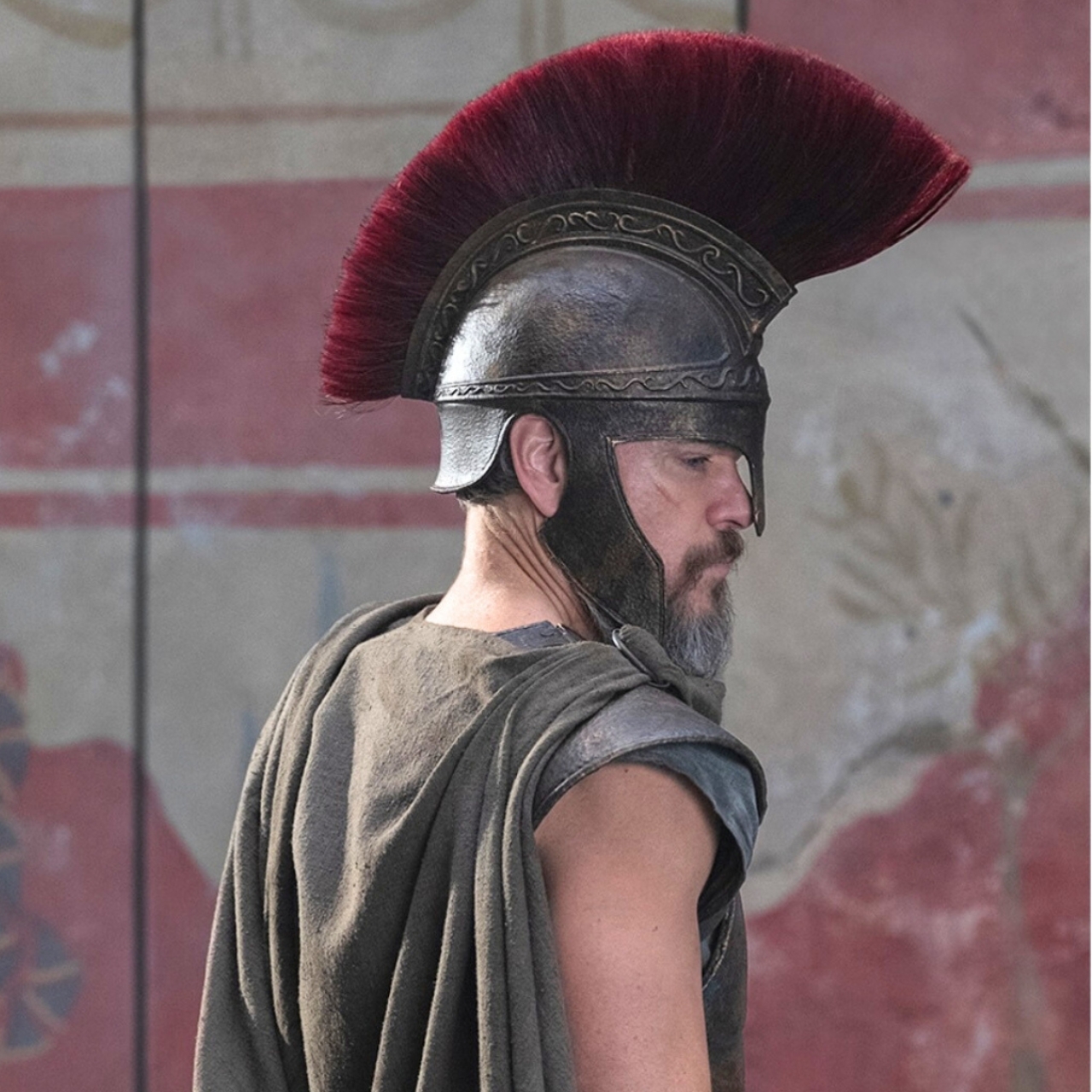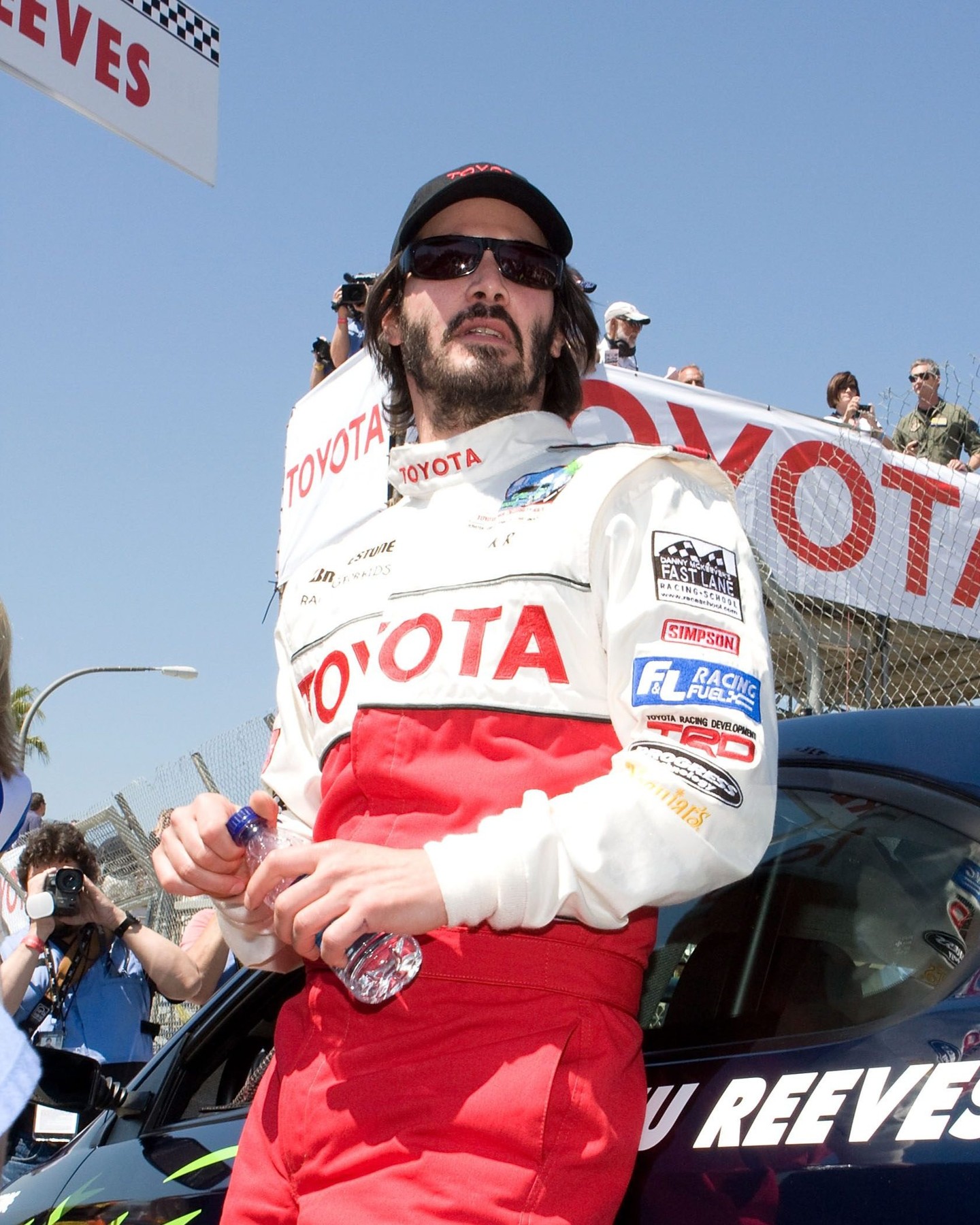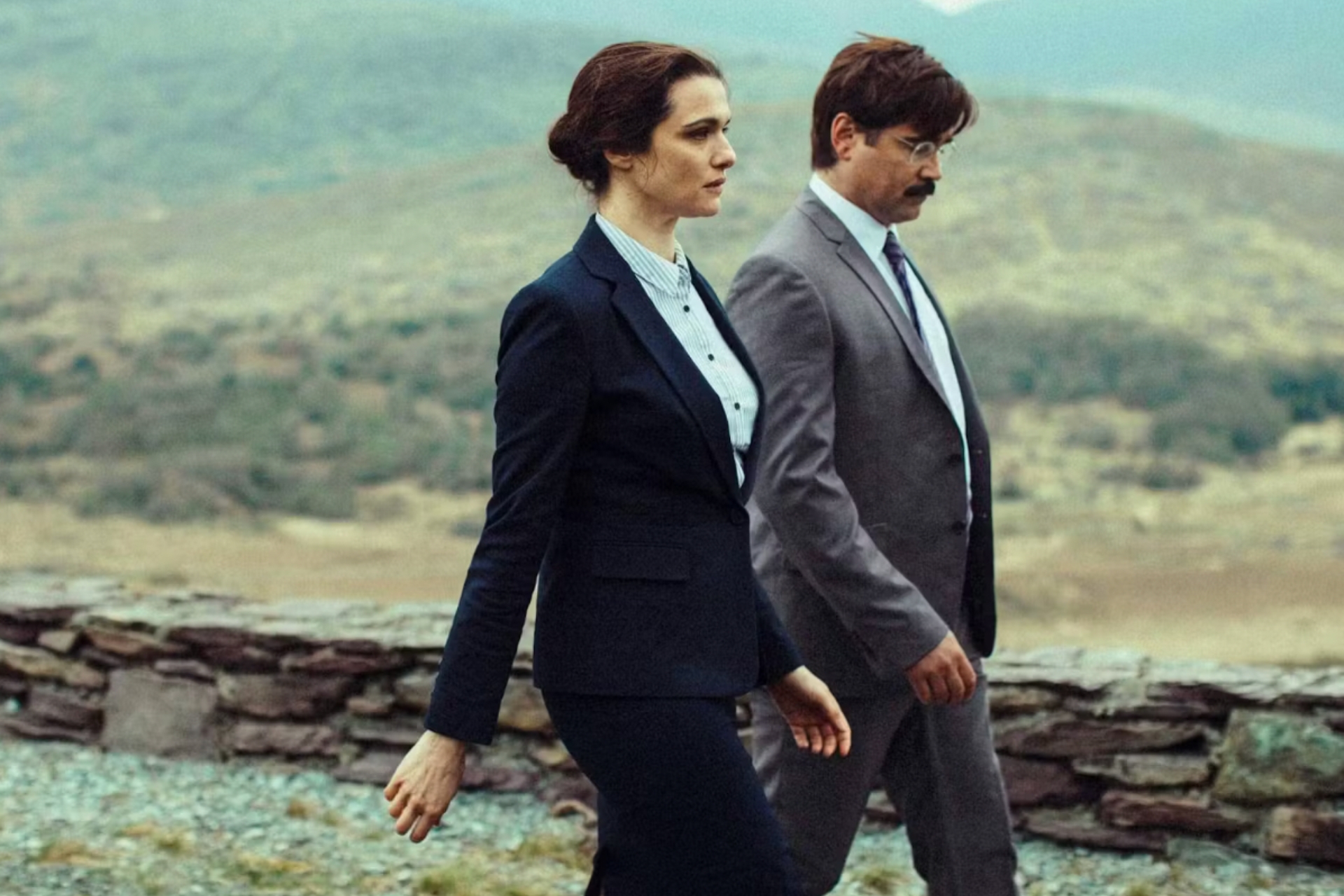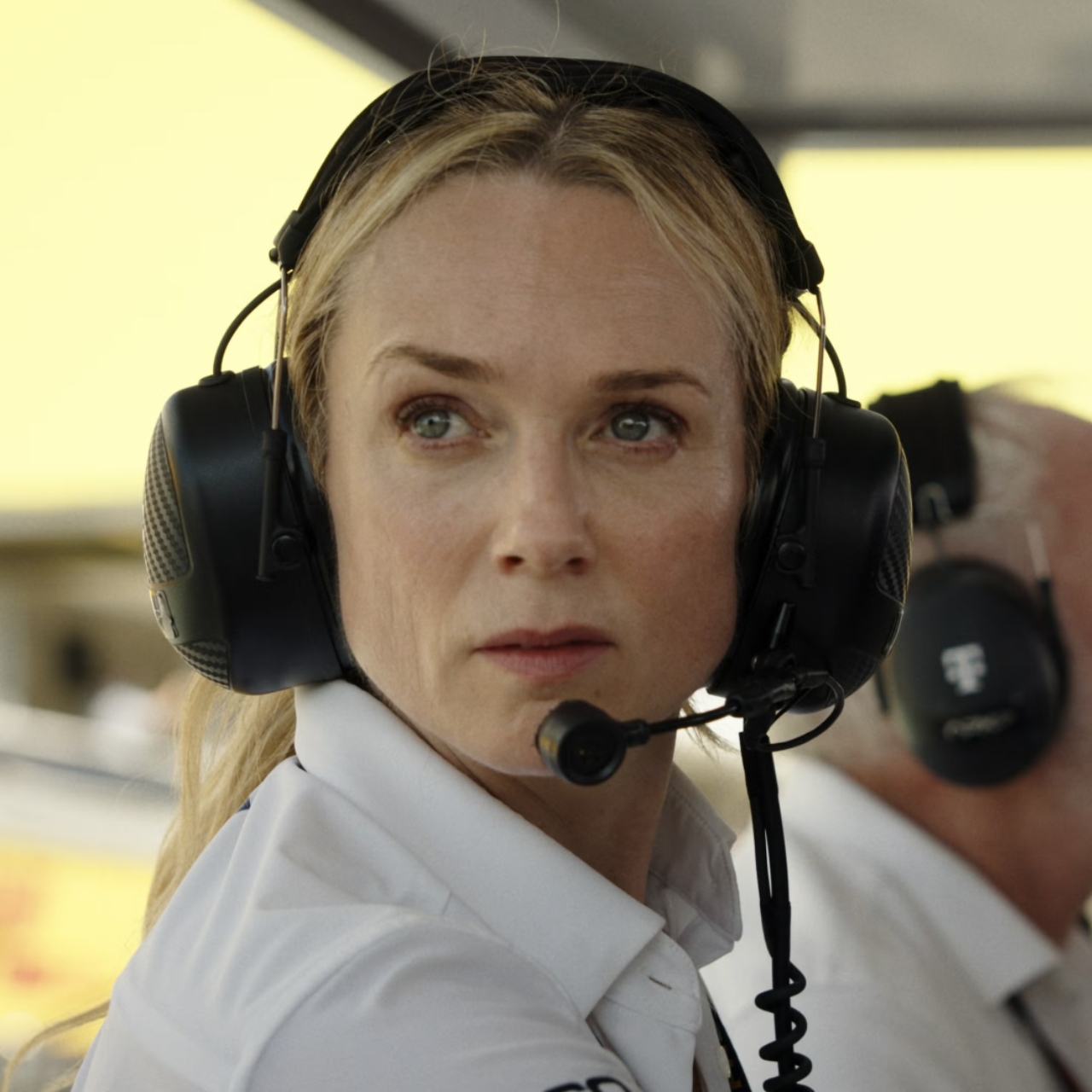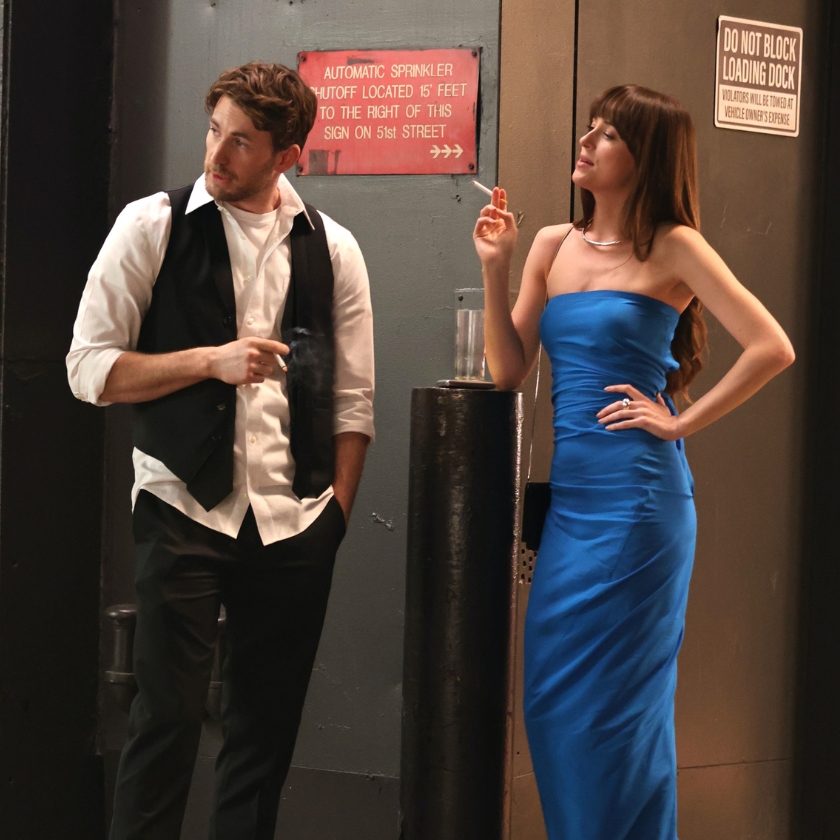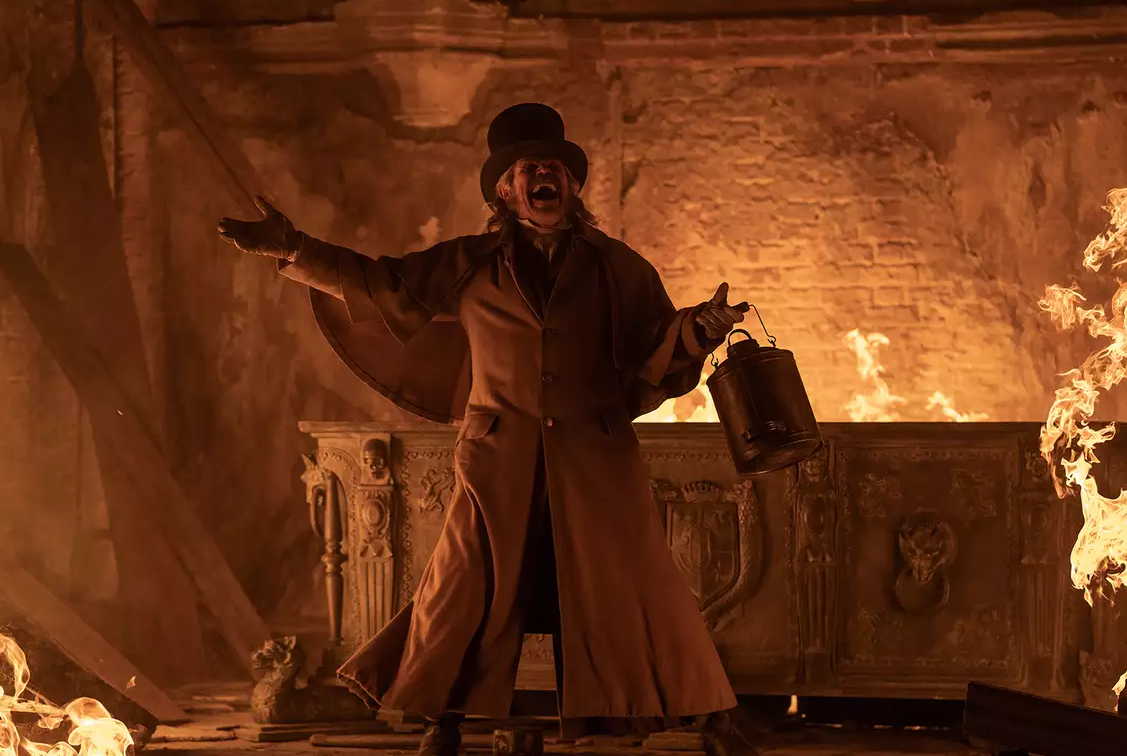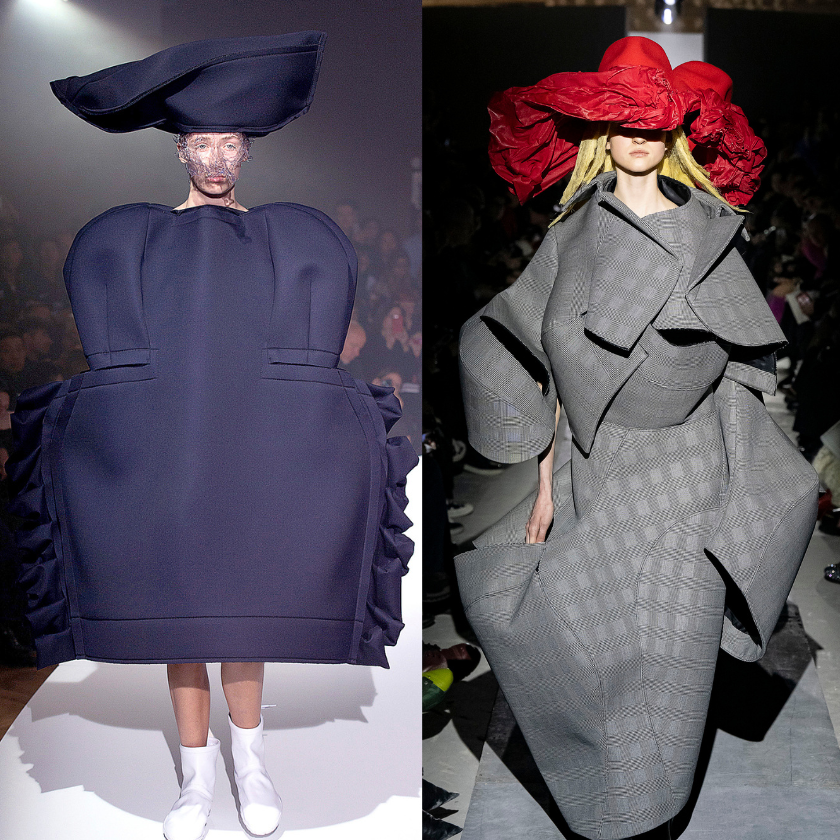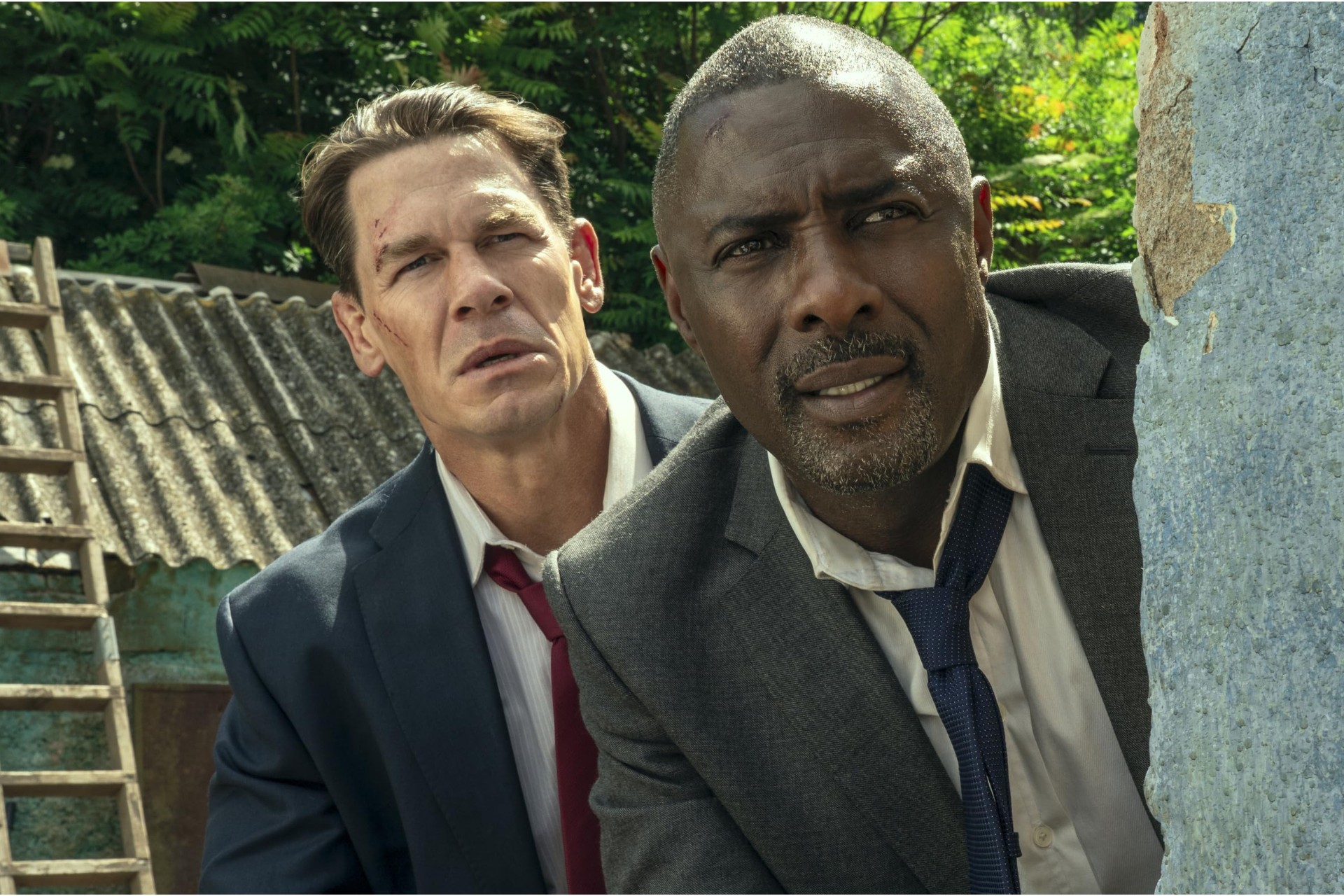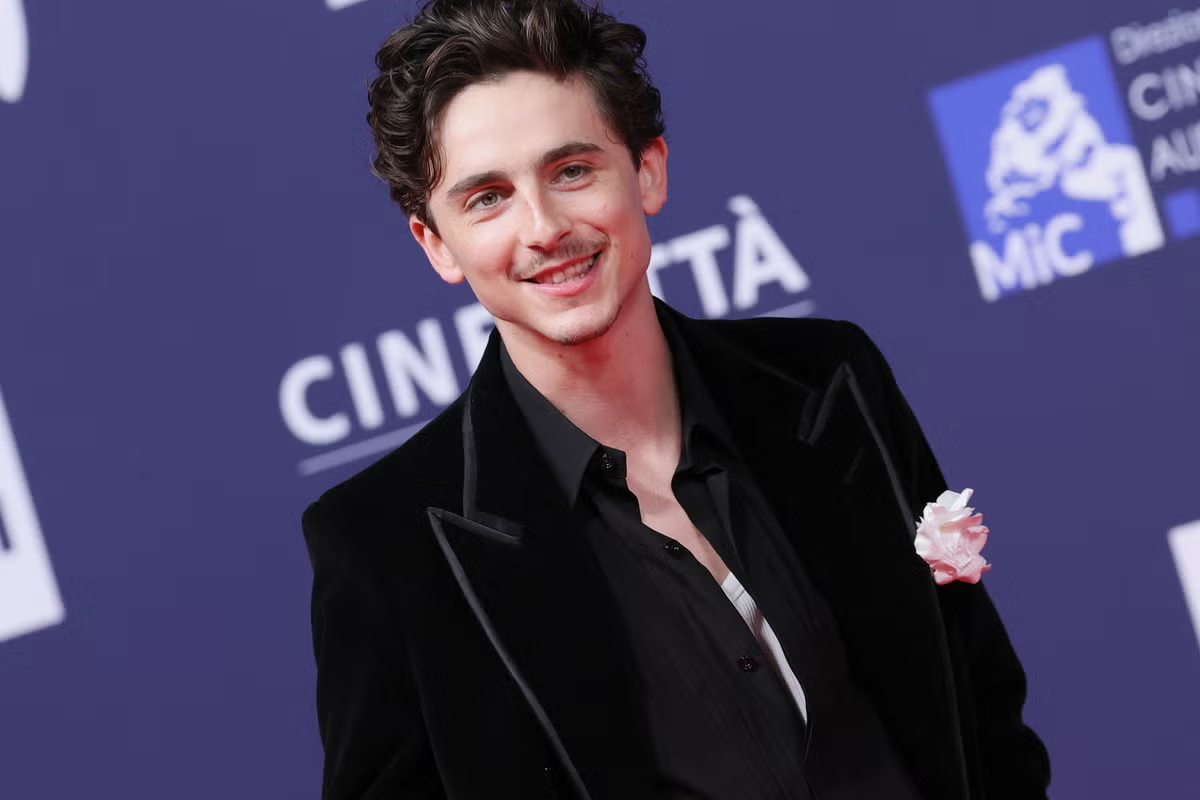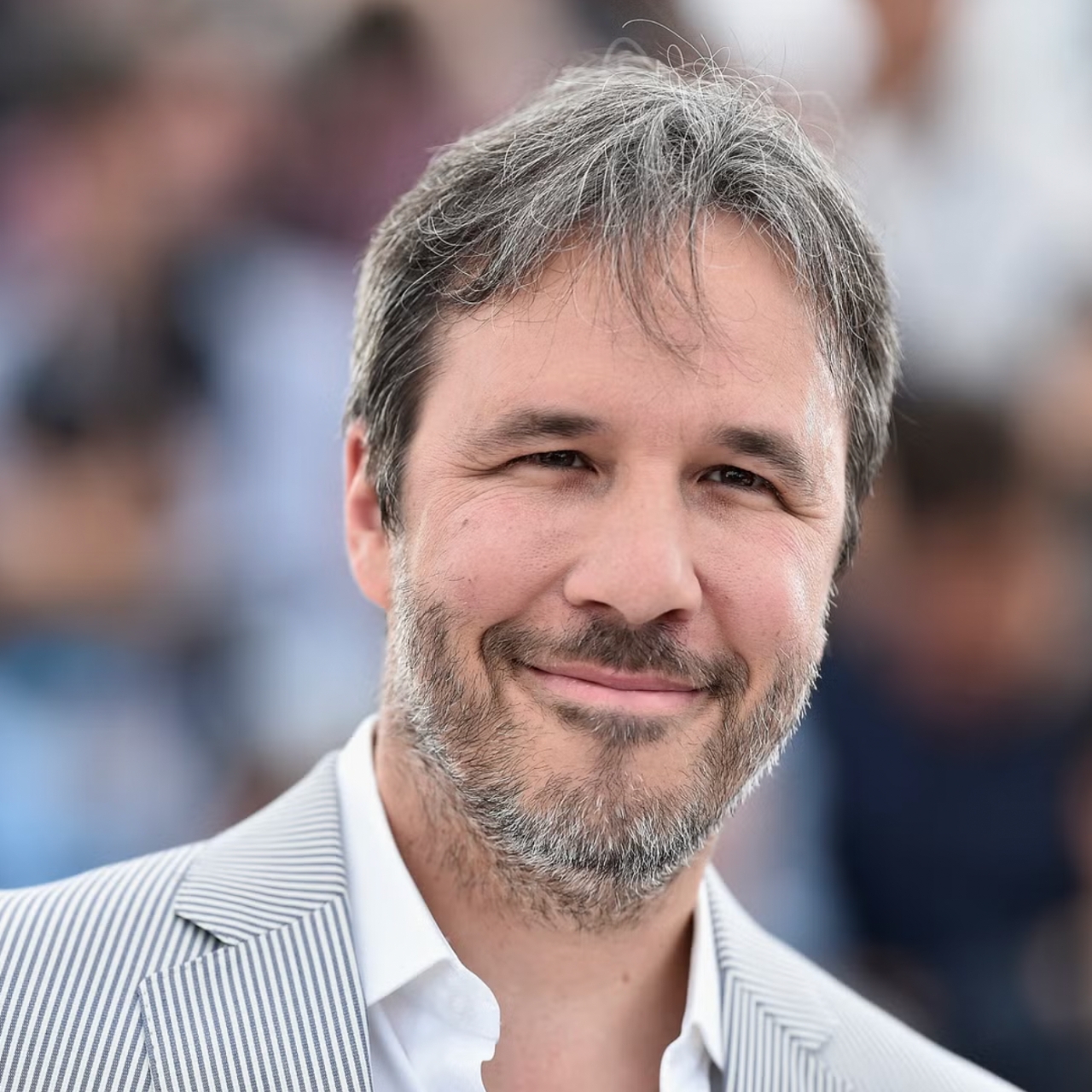‘Gladiator II’ review: I was entertained, but not much else
Ridley Scott's long awaited sequel to his Oscar-winning epic has arrived, but does it live up to its predecessor? One Esquire writer gives it a 'pollice verso' thumbs down
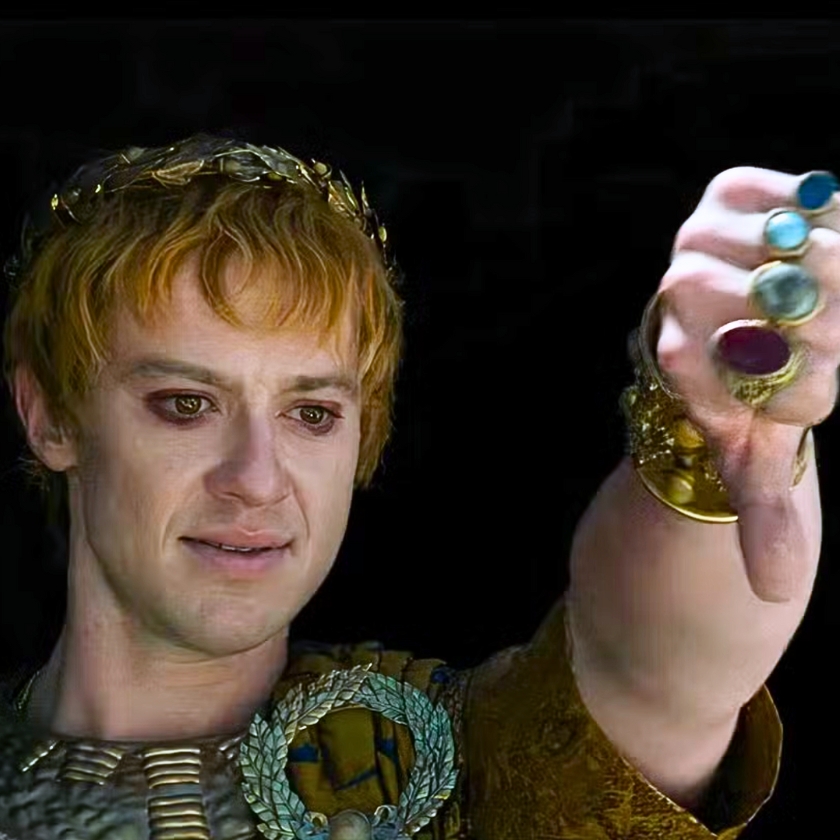
This review contains Gladiator II spoilers.
RIDLEY SCOTT’S quarter-of-a-century follow-up to Gladiator is interested in its most bankable question: “Are you not entertained?!”
Since Russell Crowe spoke those words at the start of the new millennium – playing Maximus, the Roman general-turned-slave-turned-gladiator – it became Scott’s clearest work of machismo, muscle and glory. It’s the movie that made every filmmaker henceforth want to shoot their epic battle scenes in the Bourne Woods in Surrey, England. The creators behind HBO’s Games of Thrones and House of the Dragon take their hats off to Scott. Aside from the Best Picture Oscar sitting on the director’s mantle, this is probably the best measure of Gladiator’s legacy: it set the tone for what epics can be in the year’s following 2000 A.D.
The sequel sets us up in Numidia in North Africa, 16 years after the death of Maximus in the Colosseum, where Paul Mescal’s Lucius (the young son of Connie Nielsen’s Lucilla, one of few characters to carry over from the first to the second movie) is living in domestic bliss, hanging laundry with his wife Arishat (Yuval Gonen). But his idyllic existence on the empire’s periphery is quickly shattered when the Romans come marching, an armada led by Pedro Pascal’s General Marcus Acacius, his eyes growing weary of the tedium of daily massacre. Husband and wife suit up, slip their wedding rings on each other and avow, “Where you are, I am too”. So she must die. Arishat is a sharp-shooter, no doubt what made the two fall in love . . . and that’s about it for Lucius’ life in Numidia. Yet the emotional wattage of Arishat’s immediate fridging proves insufficient to inspire much hurrah for Lucius’ “rage” in the first act.
It’s not long before Lucius is captured and carted back to the motherland, then thrown into a smaller arena for minor league betting. You’ll notice it’s the same scouting ground Maximus was brought to all those years ago as the film revisits these sets like a childhood home. Lucius captures the attention of Macrinus (Denzel Washington), an ex-slave come wealthy businessman who keeps a stable of gladiators. Macrinus buys Lucius, charmed by his bloodlust for Acacius. But as he observes Lucius recite Virgil from memory when presented to co-Emperors Caracalla and Geta (Fred Hechinger and Joseph Quinn, respectively), you can see things adding up behind Macrinus’ eyes.
The throughline of the historical drama is that it’s a reflection of the present, or what will soon come to pass again – a quasi-mission statement the cast have spouted throughout the film’s promo tour. While you’d think that what Scott has to say about avarice and machismo lies in Lucius’ arc, it’s instead Macrinus who offers a more compelling representation of what stupefying heights corruption can achieve. Washington makes for a late-career thespian, seen previously in his 2021 noir The Tragedy of Macbeth. He ends his sentences with hisses, and clinks his rings like a rattlesnake before biting. He could be in a completely different movie altogether – an opera, maybe – given how cunningly he reconstructs the high politics to his favour. If he were, that movie would be in vogue for the current obsession with greed-is-good cinema.
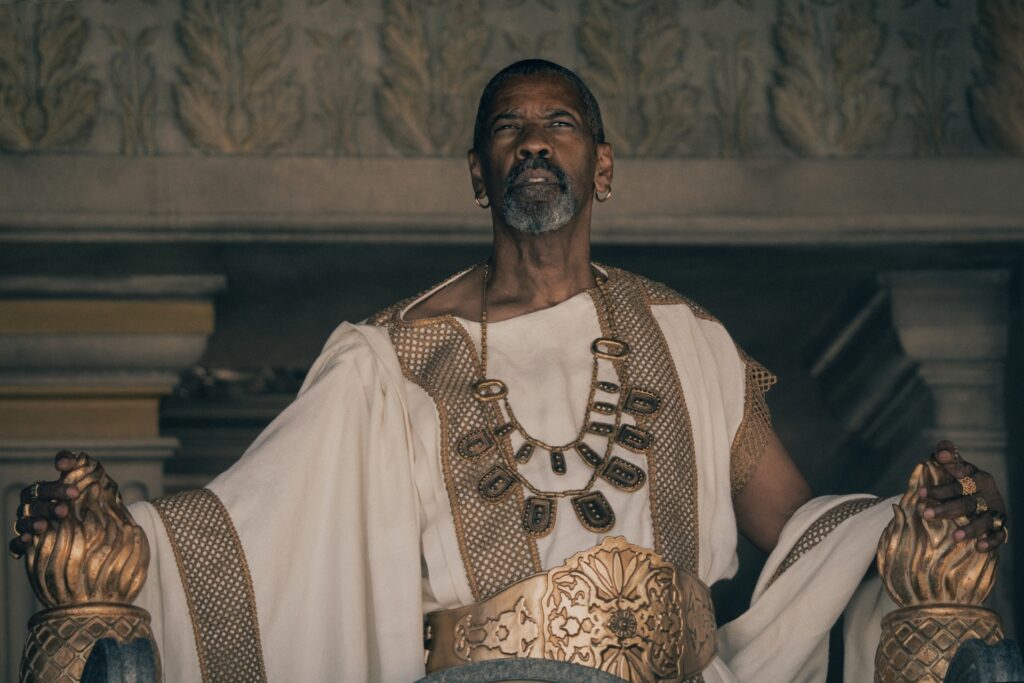
Lucius’ ascension as Rome’s most desirable gladiator is achieved through gimmick rather than through displays of valour. As he sits amongst his fellow POW in the dining hall after a match, during which he bit a chunk out of a baboon’s arm, he’s met with grunts and nasal barks. Any bereavement is now tepid as he cracks a smile. Indeed, a longing to avenge his wife and Numidia has all but disappeared, as he’s swayed by the republican forces to take down the establishment. When a cloaked Lucilla visits him in his cell, he’s activated like a sleeper agent to the tune of a remember who you are heart-to-heart, and only then does the film move forward again.
Much stock was placed in the Romanesque prows of the movie’s leads, which Scott parlays with his baroque lighting. Mescal and Pascal are interesting pillars of masculinity in Hollywood, their appeal founded on too-tight cardigans and short shorts. But to transfer that into the Oscar prestige title of Gladiator doesn’t become wholly convincing; neither actor walks taller than those around them. Moments before Lucius and his fellow gladiators are released into the Colosseum to save his mother, he shouts, “This is about survival,” then pauses, “Survive!” What’s supposed to fire up these brutish men, like rice paper lanterns from within, sounds more like a beleaguered soccer coach coaxing strength from a tired team.
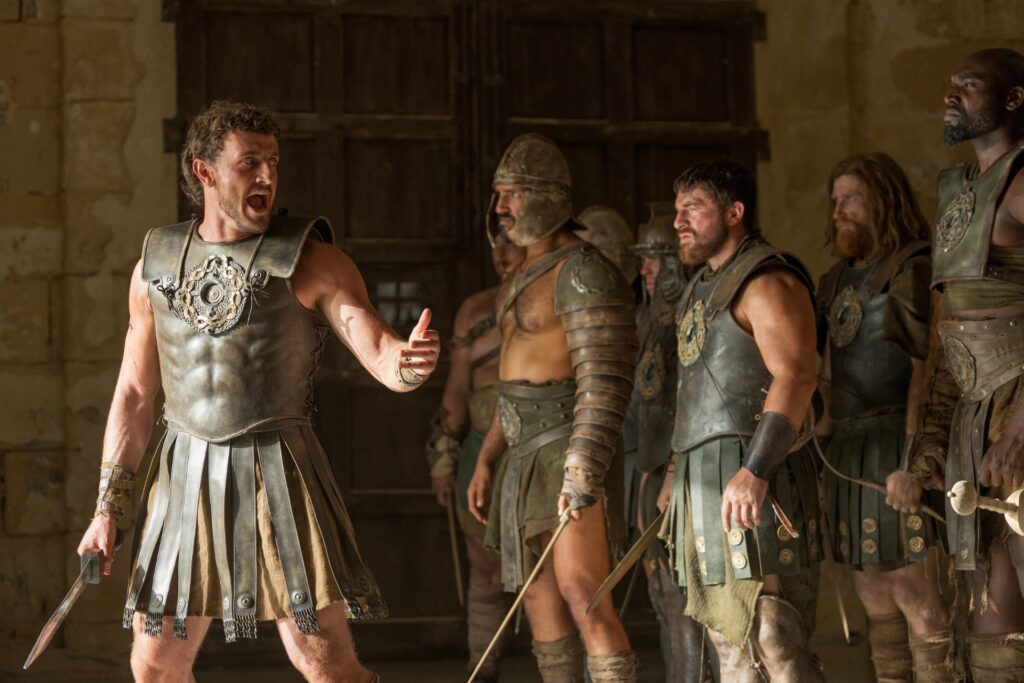
Like Scott’s 2023 Napoleon, the movie might’ve worked as a comedy if it weren’t a sequel; that’s why it falters, it cannot do otherwise. Gladiator II neither has the form or lustre of the first. After the death of Marcus Aurelius in the first movie, Scott’s computerised Rome was as grey-scale cold as Albert Speer’s Germania. When Rome cries, I cry; it’s why I was excited to be in Scott’s ancient Rome again. The production design here is not given that anthropomorphic quality, despite what’s supposed to be an even more tyrannical reign than Joaquin Phoenix’s Commodus in the original.
As for Scott, who is 86-years old, I started to wonder what his late-style seems to be, and it’s quickly becoming his bracing recourse into the contemporary for comedy. Scott’s goal isn’t to satisfy historical accuracy, nor is he blind to it – even turning his nose up at naysayers and telling them to “get a life”. And that swagger is fine. But by the time he unleashes bizarre monkey dogs, saddles a Roman soldier to the back of a rhino, or floods the Colosseum with water and great whites, we almost want him to stop, so we can figure out how we got here.
Gladiator II is in Australian cinemas from November 14.
Related:
Paul Mescal and Pedro Pascal reveal their Gladiator II training regime












